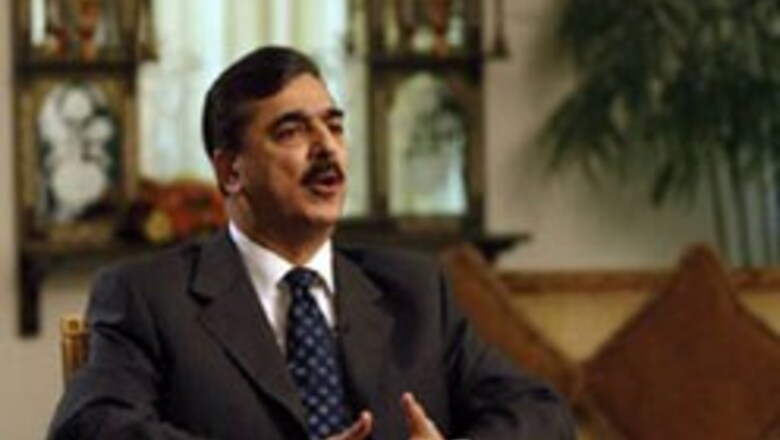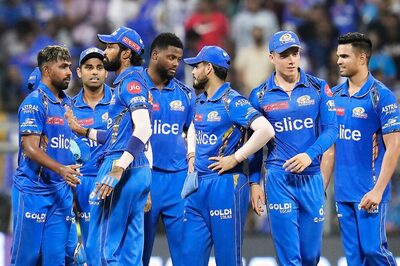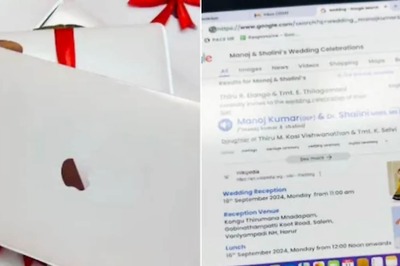
views
Islamabad Pakistan will not allow foreign investigators to interrogate Islamist militants detained over last month's attacks in the Indian city of Mumbai, Prime Minister Yousaf Raza Gilani said on Monday.
British Prime Minister Gordon Brown said in Islamabad on Sunday he had asked India and Pakistan for permission for British police to question suspects arrested in both countries in connection with the Mumbai assault. Gilani told parliament he had turned down Brown's request.
"I want to assure you that when I met the British prime minister yesterday, he asked if ... we would allow them to investigate those people. I said 'we won't allow it'," he said. "It is our country and our laws will be implemented. We'll follow our laws."
India, backed by the United States, has called on Pakistan to crack down on Pakistan-based militant groups after the attacks, in which 179 people were killed during a three-day siege in India's financial heart.
A British national and two people with dual British-Indian nationality were killed in Mumbai. New Delhi blames Lashkar-e-Taiba (LeT), a militant group it says was set up by Pakistan to fight Indian rule in the disputed Kashmir region, for the Mumbai attacks.
Islamabad has blamed "non-state actors" and vowed to cooperate with investigations, but has repeatedly said anyone caught in Pakistan would be tried in Pakistan. Pakistan also says India has yet to share evidence from the attacks.
Pakistan has cracked down on suspected Islamists since the Mumbai attacks, detaining scores of people, many of them members of the Jamaat-ud-Dawa, an Islamist charity that India says is a front for the LeT. A committee of the U.N. Security Council last week added the charity to a list of people and groups facing sanctions for ties to al Qaeda or the Taliban.
Gilani said the clampdown on the charity had been carried out because of the U.N. decision and authorities would take control of the group's projects to ensure they were continued for the benefit of the people. Pakistan has frozen accounts of Jamaat-ud-Dawa and has detained some of its leaders.
Gilani said Pakistan was a responsible nuclear-armed country and would act to stop terrorism. "I assure the world through this platform that we'll not allow Pakistani territory to be used for terrorism.
We condemn terrorism wherever it is," he said. Brown said he had asked Indian Prime Minister Manmohan Singh if he would allow British police, "if they chose to do so", to interview the lone surviving gunman held after the attacks, identified as Mohammad Ajmal Kasab.
He said he had asked Pakistani President Asif Ali Zardari if British police could interview suspects held in Pakistan. British government sources said British detectives were seeking more information on how Lashkar worked or information they could cross-reference with other intelligence, rather than any intention to launch a separate prosecution.




















Comments
0 comment